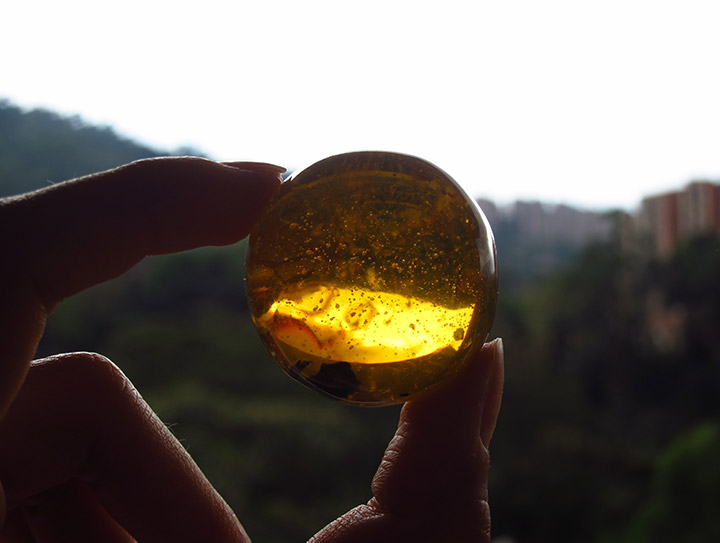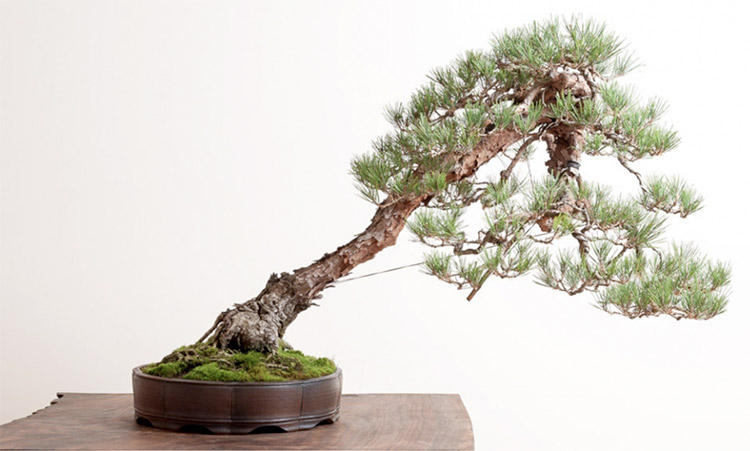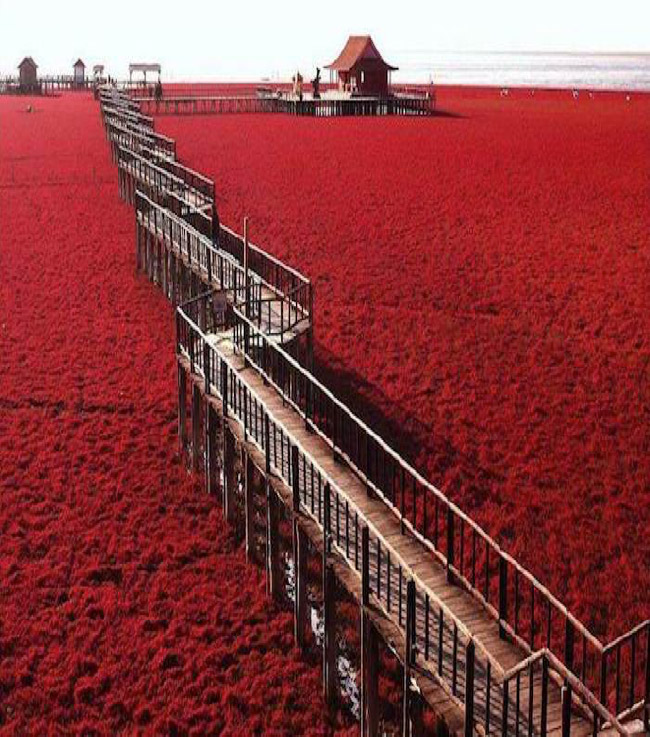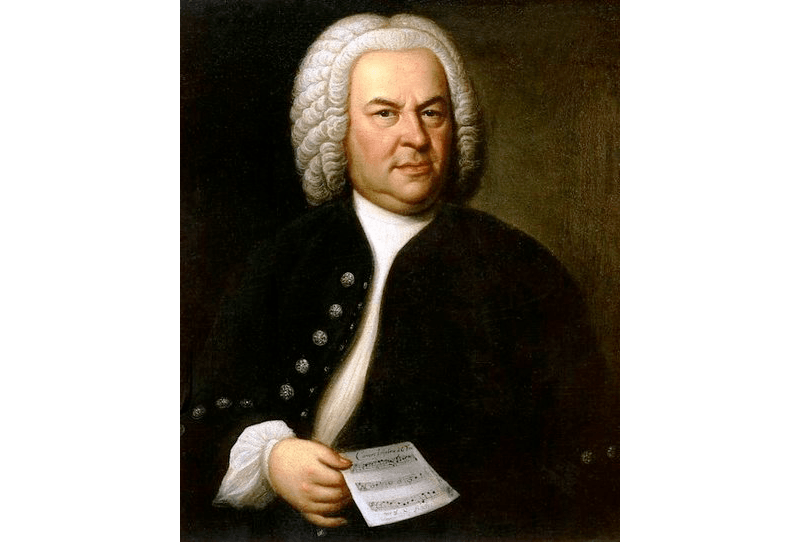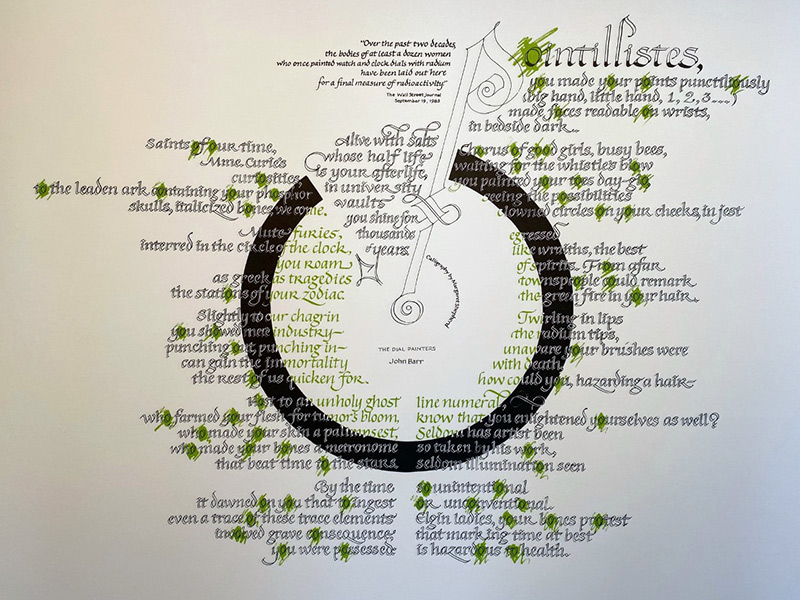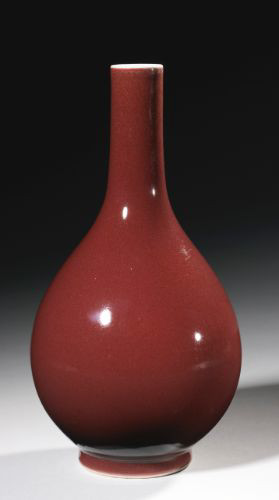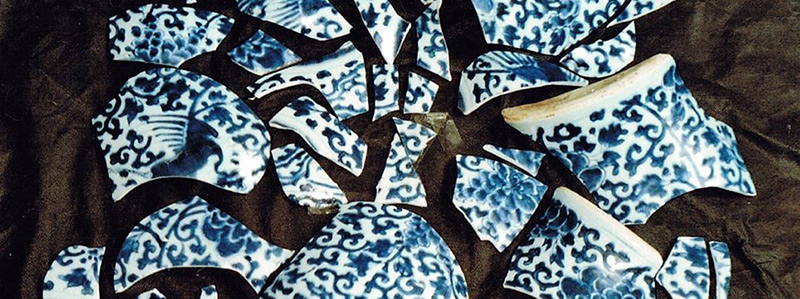Descant on a Herrick Lyric
To say or sing in two voices.
Whenas in silks my Julia goes
Then, then (methinks) how sweetly flows
That liquefaction of her clothes.
Next, when I cast mine eyes and see
That brave vibration each way free
O how that glittering taketh me.
•
The merest moment justifies
the labor to perfect the song.
Life is short, art is long.
Exactness captured like a bee
in amber may endure
even to eternity.
•
Whenas in silks my Julia goes
The merest moment justifies
Then, then (methinks) how sweetly flows
the labor to perfect the song,
That liquefaction of her clothes.
Life is short, art is long.
Next, when I cast mine eyes and see
Exactness captured like a bee
That brave vibration each way free
in amber may endure–
O how that glittering taketh me–
even to eternity.
John Barr
Descant on a Herrick Lyric Read More »

